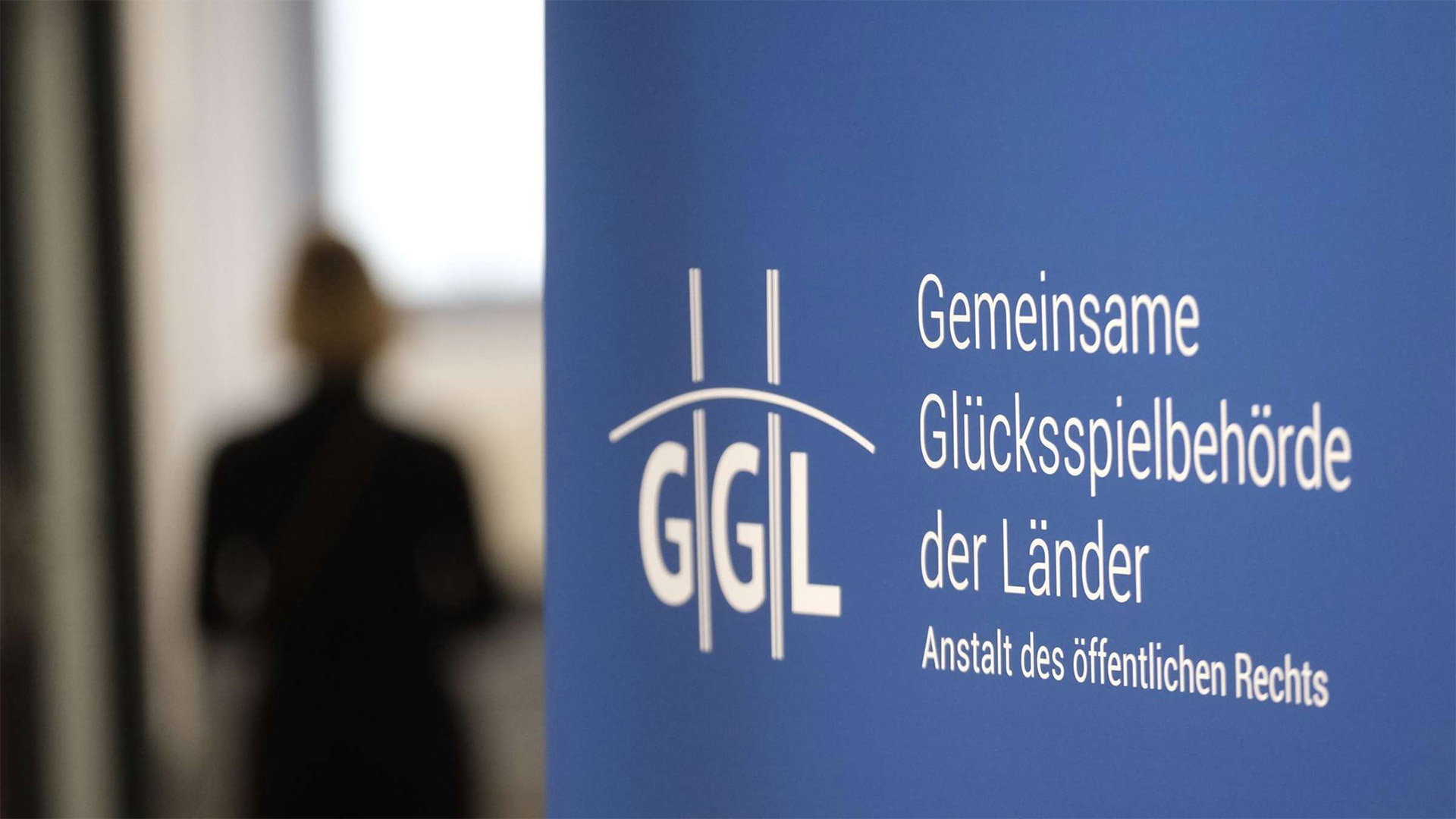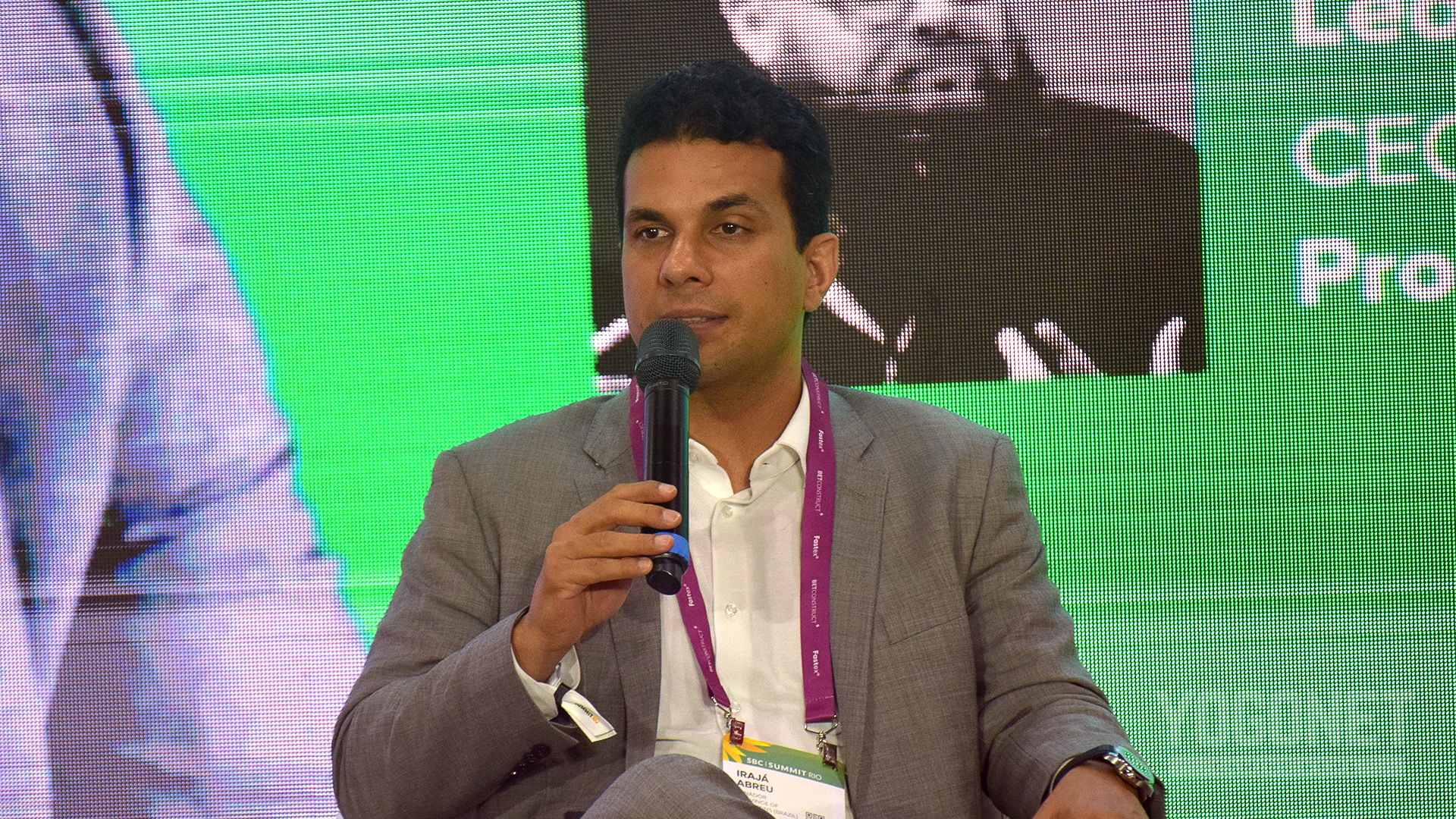Germany’s black market gambling operators recorded up to $648M GGR in 2023, says regulator

Germany’s gambling regulator, Gemeinsamen Glücksspielbehörde der Länder (GGL), reported that illegal gambling revenue accounted for up to 4% of the country's total gross gaming revenue (GGR) in 2023.
According to the annual report, released on July 1, the black market generated between €400 million and €600 million ($648 million) in GGR, compared to the legal market's €13.7 billion ($14.8 billion).
The GGL's report highlighted that €3.0 billion of the legal market's GGR was generated online, with sports betting contributing €1.8 billion. Online slots and poker contributed a combined €400 million.
Throughout the year, the GGL monitored up to 1,864 websites, blocking 133 operations. Of these, 87 were related to illegal gambling services, and 46 involved advertising for black-market operators.
In total, the regulator processed 438 cases of suspected illegal gambling or advertising. As a result of GGL's actions, 63 black market operators ceased their services or advertising.
The report noted that many non-compliant providers were based outside the EU. To enforce prohibition orders, the GGL imposed two fines of €50,000 each in 2023.
The regulator also faced 117 lawsuits initiated by various online gambling providers across different verticals. Despite these challenges, GGL made strides in improving the licensing process, particularly in testing games before market release. Delays were attributed to suppliers failing to provide timely information, but temporary resources hired in early 2024 led to significant improvements.
Germany’s 2021 Interstate Treaty on Gambling established a comprehensive online betting and gaming market, with the GGL becoming the central regulatory authority in early 2023.
Despite these developments, industry stakeholders have criticized the regulatory process, labeling it unfriendly to commercial operators. A November 2023 study by the University of Leipzig suggested a far larger black market issue, estimating that 48.8% of players still used offshore sites, and up to three-quarters of online revenue was generated offshore.
The German Sports Betting Association (DSWV) described the current regulatory framework as “the most restrictive in the world.”

















































